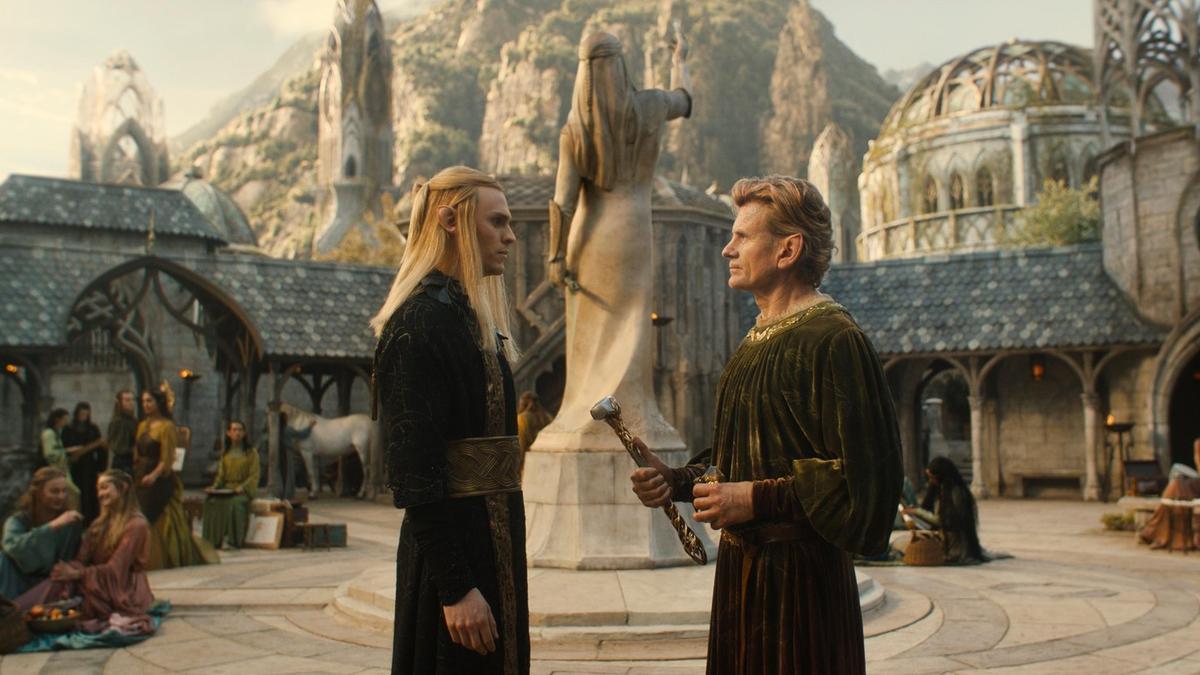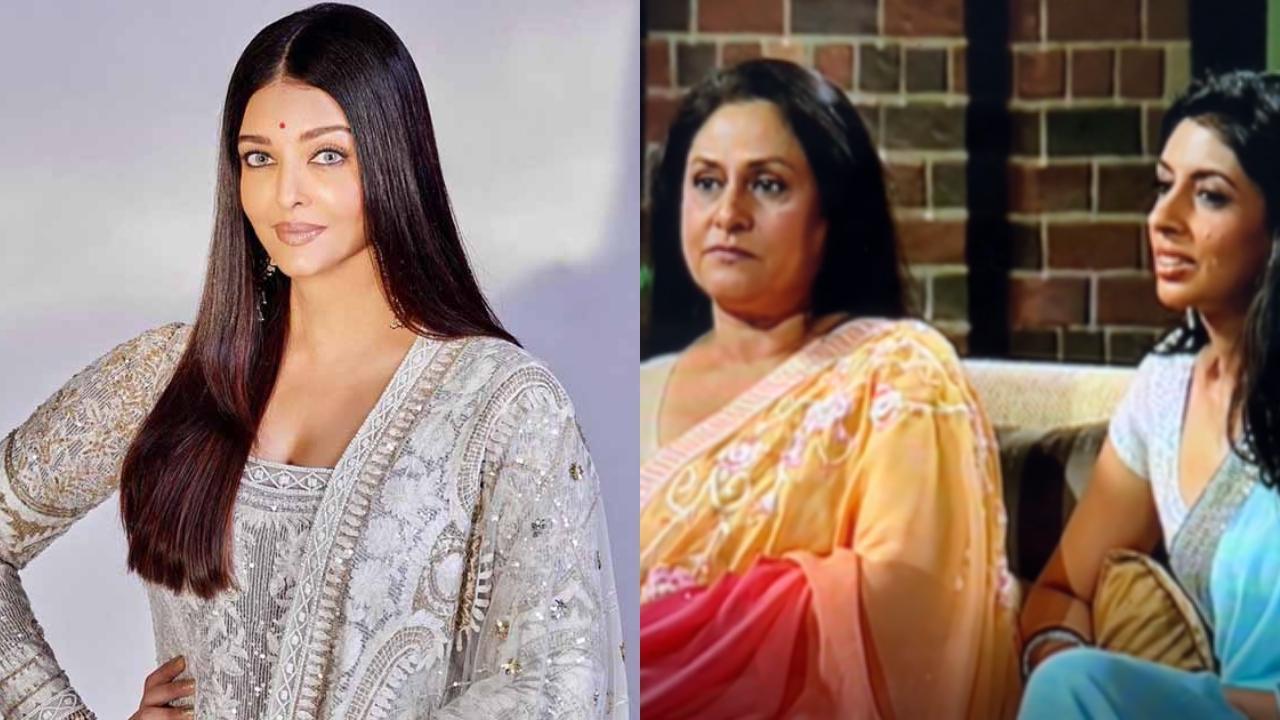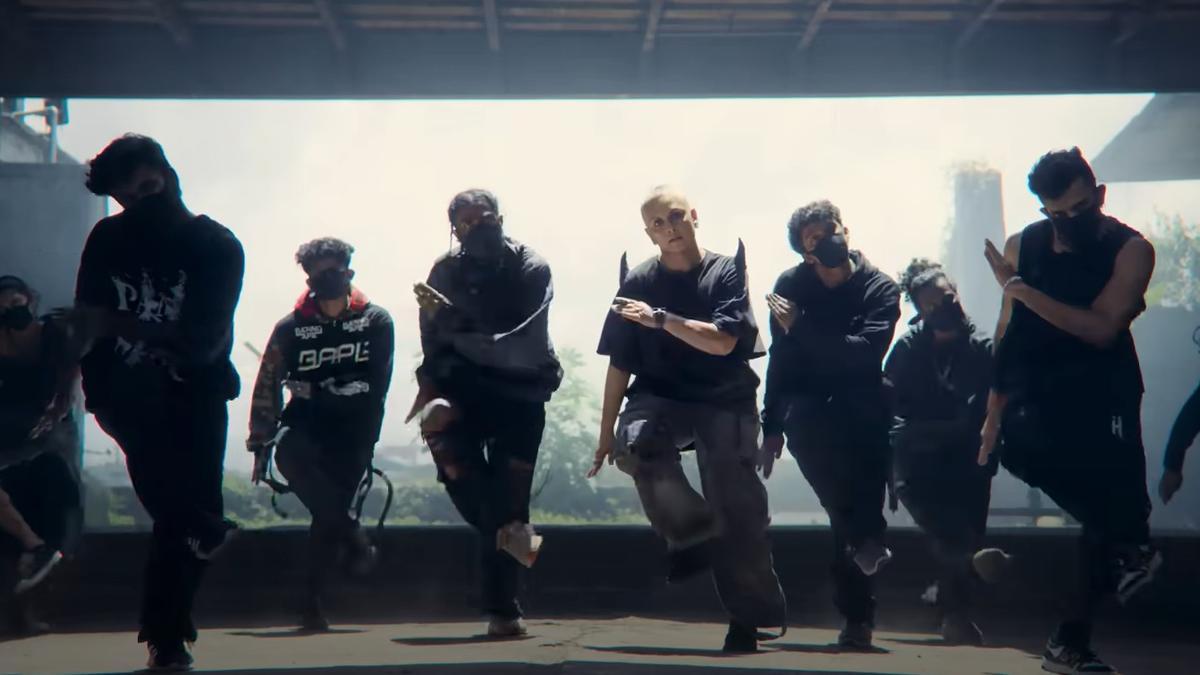
The much-anticipated finale of the second season of “The Rings of Power” has landed on screens with a resounding impact, cementing its place in the realm of epic fantasy television. While the finale might not have entirely satisfied every Tolkien enthusiast or answered every burning question, it managed to achieve something far more valuable: it transformed the series from what initially appeared to be an expensive gamble into a vivid, breathing narrative of Middle-earth.
In its early stages, the show grappled with meeting the monumental expectations set before it, presenting what felt like a polished yet somewhat hollow attempt to revive Tolkien’s magic. However, as the series progressed into its second season, it evolved into something more nuanced and bold, exuding a newfound confidence. After a cautious first season that appeared to waver under its own grandeur, the showrunners have now harnessed the extensive scale and intricate lore of Tolkien’s beloved universe, delivering a finale that resonates with epic grandeur.
Season two stands as a testament to the show’s conscious response to the lukewarm criticism of its debut season. While the first season exhibited the vast landscapes, stunning CGI, and the daunting legacy of Tolkien’s world that weighed heavily on it, it often felt like a gilded cage, beautiful but constrained by the weight of expectation. With a narrative shift, particularly influenced by the presence of a cunning Dark Lord, the series has emerged liberated from these constraints.
Subplots and characters that once felt ancillary now interweave seamlessly, amplifying the show’s core themes of power, corruption, and the seductive nature of evil. This has nurtured a more coherent storyline, although it still has further depths to explore. Sauron’s looming presence becomes even more pronounced in this season, portrayed by Charlie Vickers as a master manipulator of the slow-burn variety. His charm and deceptive facade create a villainy that is both compelling and terrifying. Opposite him, Celebrimbor, played by Charles Edwards, is equally captivating—a visionary driven by faith and ambition, yet blissfully unaware of the looming betrayal. Their interactions create a poignant dance of trust and treachery, elevating the series into a deeply personal psychological drama set against an epic backdrop.
The finale does not shy away from delivering the majestic spectacle expected of it. The scenes of battle that unfold showcase the series at its best, overshadowing many of its fantasy contemporaries. The visuals, ranging from the war-torn beauty of Eregion to the intense clash at Khazad-dûm with Durin’s Bane, are nothing short of breathtaking. Yet, amid the blazing swords and collapsing strongholds, the emotional core remains intact, highlighted by the relationship between Prince Durin IV (Owain Arthur) and his father, King Durin III.
. Their connection, strained by duty and pride, adds a human touch to the grandeur, even as the presence of a Balrog and the coveted mithril threaten to outshine this intimate portrayal.
Unlike many new series that attempt to anchor their fantastical worlds in the stark realism of gritty storytelling, “The Rings of Power” basks in the enchanting splendor of Middle-earth. The series invites viewers to revel in the sheer magic and wonder—whether it’s the luminous lights of Valinor or the mesmerizing play of light on molten mithril, making one acutely feel the weight of history in the making. There is an undeniable purity to this world, an unyielding quality that refuses to dilute the magic for mere prestige. While the plot may occasionally falter, the grandeur never wavers.
In this, the series finds its true strength. Although “The Rings of Power” may not cater to everyone’s tastes, especially those hoping for the darker tones akin to those of Westeros, it offers something different: a nostalgic journey back to the awe-inspiring vistas of fantasy. It beckons us to remember what it feels like to believe in the extraordinary, to immerse ourselves in a world where the eternal struggle between good and evil unfolds with all its beauty, peril, and awe.
Despite its triumphs, the series continues to grapple with some lingering issues. The Harfoots, briefly showcased in the finale, remain relatively disconnected from the primary plot arc, providing whimsical moments in an increasingly grim world. Their future presence seems uncertain as the series progresses.
A poignant farewell to Sam Hazeldine’s Adar character had a poetic essence, yet also a touch of bitterness, signaling the end of his compelling portrayal. Despite minor missteps, including a somewhat clumsy “Grand-Elf” reveal, the second season of “The Rings of Power” closes on a confident note. Having learned from its initial uncertainties, the series has grown bolder in its storytelling and character development, embracing the vast mythos of Middle-earth. While it might remain in the shadow of Peter Jackson’s iconic films, “The Rings of Power” is carving its unique path, transforming Middle-earth into a realm of wonder, danger, and enchanting allure once more. As the credits rolled, gratitude for such a profound journey lingered, leaving viewers eager for the next chapter.
“The Rings of Power” is available for streaming in its entirety on Amazon Prime Video.










